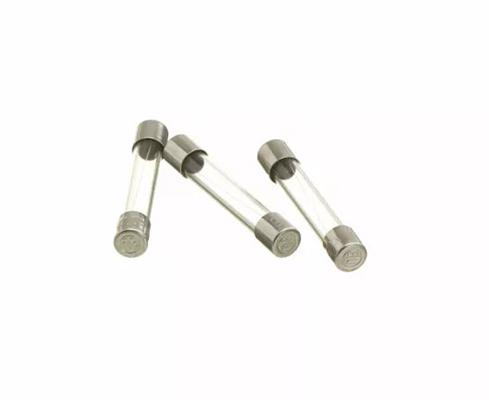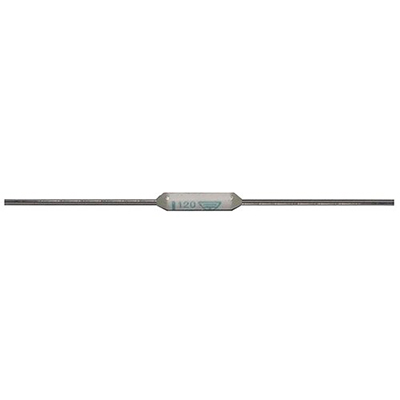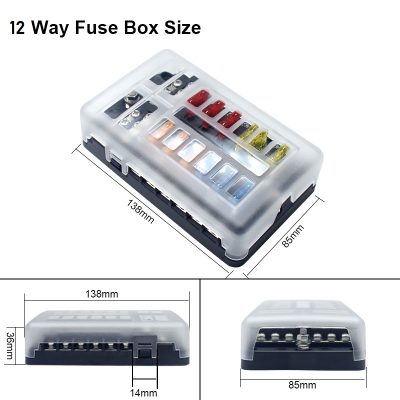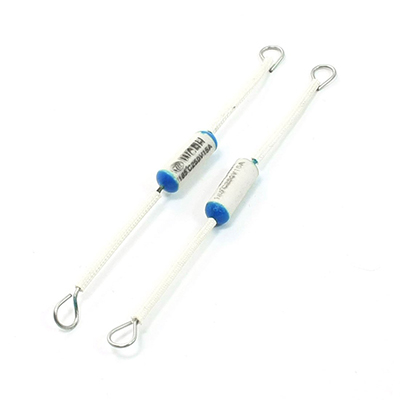Glass Fuse Replacement Strategies for Boat Electrical Systems in Marine Environments: Focusing on Application Scenarios and Performance Advantages
News 2025-10-27
Glass fuses play a critical role in protecting electrical circuits in boat fuse panels, particularly in marine settings where exposure to moisture, vibrations, and salt can lead to failures. In boats, these fuses safeguard essential systems like navigation lights, bilge pumps, and engine controls from overloads and short circuits. Their transparent design allows for easy visual inspection, which is vital for quick diagnostics at sea. Performance advantages include rapid response times to faults, cost-effectiveness, and compatibility with standard marine electrical standards. Understanding proper replacement methods ensures system reliability and prevents potential hazards, making it essential for boat owners and maintenance professionals.

Understanding Glass Fuses
Glass fuses are cylindrical devices with a thin wire filament enclosed in glass, designed to melt and break the circuit when excessive current flows. In marine applications, they excel due to their ability to handle environmental stresses while offering clear visibility of the fuse element, aiding in immediate fault detection. Performance benefits include high breaking capacity and low resistance, which minimize voltage drops and enhance energy efficiency in boat electrical systems. This makes them ideal for scenarios involving intermittent loads, such as winches or lighting, where reliability is paramount for safety and operational continuity.
Replacement Process
Replacing a glass fuse involves several key steps to ensure safety and effectiveness. Begin by disconnecting the power source to avoid electrical shocks, then locate the faulty fuse by checking for discoloration or a broken filament. Use appropriate tools like insulated pliers to remove the old fuse and insert a matching replacement with the correct amperage rating. In marine environments, select fuses rated for high humidity and corrosion resistance. This process highlights performance advantages, such as reduced downtime and maintained circuit protection, which are crucial for sustaining boat functionality during voyages.
Frequently Asked Questions
1. What are common signs of a failing glass fuse in boat systems?
A blown fuse typically shows a visible break in the filament or darkening, indicating it needs immediate replacement to restore circuit protection.
2. Why are glass fuses preferred over other types in marine applications?
Their transparency allows easy inspection without removal, offering a performance edge in quick troubleshooting compared to opaque alternatives.
3. How do environmental factors affect glass fuse longevity in boats?
Saltwater exposure and vibrations can accelerate wear, so regular checks every few months help maintain reliability and extend fuse life.


